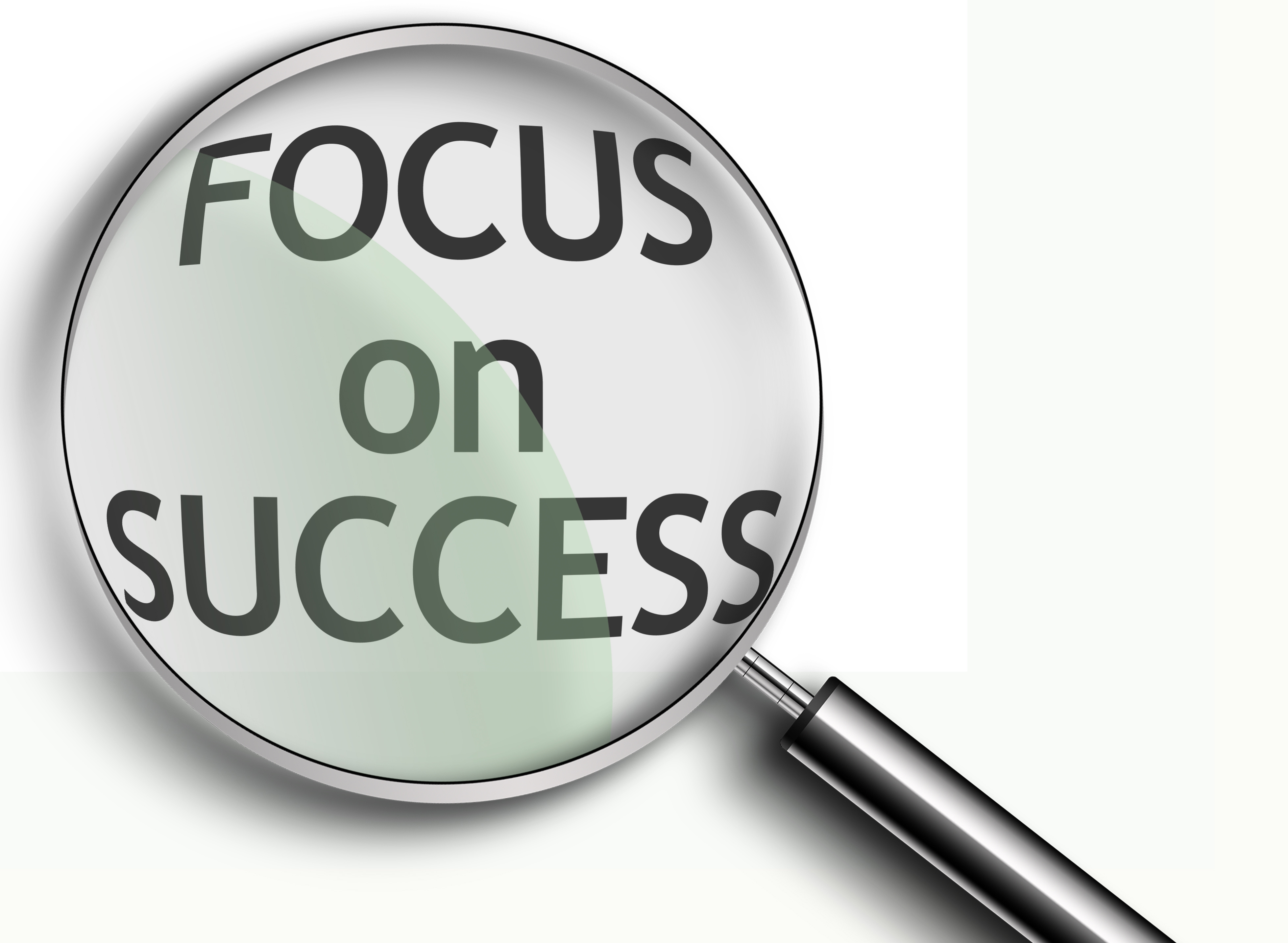Guest post by: Christopher Ryan CEO or Fusion Marketing Partners and Center for Business Modeling.
Chris is a SCORE colleague and a marketing and sales maven. We are super fans of each other’s work. The following post was published by Chris on his blog in April of 2017 and is chock full of valuable advice.
One of the good things about being a B2B marketing practitioner for so long is the perspective it gives me on what works and doesn’t. Following are some seemingly random yet important strategies to increase productivity and reduce disappointment. These tips are a blend of marketing success tips and personal productivity ideas that will keep you focused and happier on the job – as well as avoid unnecessary pain (the worst type of pain).
- Don’t download unlicensed photos. Really pay attention to this one. When you get the urge to copy and paste that interesting photo you stumbled across on the internet, STOP. It is not worth the potential legal and financial consequences. It’s like driving when you are inebriated. You may get away with it once or even dozens of times – but the one time you get caught can be extremely painful. If you doubt this, just read this article from someone who made the mistake.
- QA the email before hitting the “send” button. I know this one from painful experience. You write a brilliant email, either to go to one person or perhaps hundreds/thousands of prospects or customers. But perhaps you are distracted or didn’t bother to do a review. Within seconds you get a sinking feeling. Did I really hit the “reply all” button and send it to the entire company instead of the one person I had a beef with? Did I really include the damaging stuff at the bottom that recipients weren’t supposed to see? Did I really just send 5,000 people a message addressed to “Dear [first_name]:”. As just one of many examples, Business Insider reported: UC San Diego mistakenly sent a welcome email to all 46,000 applicants for the freshman class, including about 28,000 who had already been rejected. In a case of false hope to the extreme, the school sent: We’re thrilled that you’ve been admitted to UC San Diego. Oops!
- Stand up and walk every 52 minutes. You’ve heard about the perils of sitting for long periods of time (e.g. “sitting is the new smoking”). And there have been many published reports on the ideal amount of time to work with intensity before taking a break. As many articles, including this one from Fast Company shows, 52 minutes seems to be the ideal time period, with a 17-minute break. I’ve tested this idea and the 52 minute work period works for me – although I am ready to get back at if after only a 7 or 8-minute break. You achieve two benefits with this 52-minute routine – shortening the deadly sitting thing while clearing the cobwebs and generating more productive output.
- Don’t take it personally. Remember that line from The Godfather, when Michael Coleone tells his brother, “It’s not personal, Sonny. It’s strictly business”. This despite the fact a rival crime family shot up their father. Well, the same is true in the business world. Much of the things we get upset about are not meant personally – it was just the other person doing what they perceived to be in their own self-interest.
- Assume good intentions. This goes along with the previous point. Whether it is a boss, co-worker, client or partner, people will do things that anger and/or disappoint you. One of the best pieces of advice I received about being married is that when you assume the motivations/intentions of your spouse, you are wrong 80+ percent of the time. The same is true in the business world. You are better off assuming the best – it makes for a more pleasant and productive environment.
- Don’t waste time chasing people. There are individuals in this world who are poor communicators. You send them an email or call and it takes days or weeks for them to respond. In my experience, this has nothing to do with how busy or important an individual happens to be. I know CEOs who are fast to respond and retirees who are glacially slow. Try to limit your reliance on such people or it will drive you batty – unless of course, it is your boss, in which case you might want to look for employment elsewhere.
- Make stuff happen. There are business environments (and marketing departments) where action is encouraged and mistakes are accepted (as long as they are not repeated). And there are others where action is discouraged and employees are punished by those ready to pounce on any new idea. But if you are a doer, you must do. Marketing success and sales results happen because individuals try things. They may fail, but they learn the lesson and try again until they succeed. They have a propensity to act, not to ponder, think, meet and criticize.
Please share your own strategies to increase marketing success.












